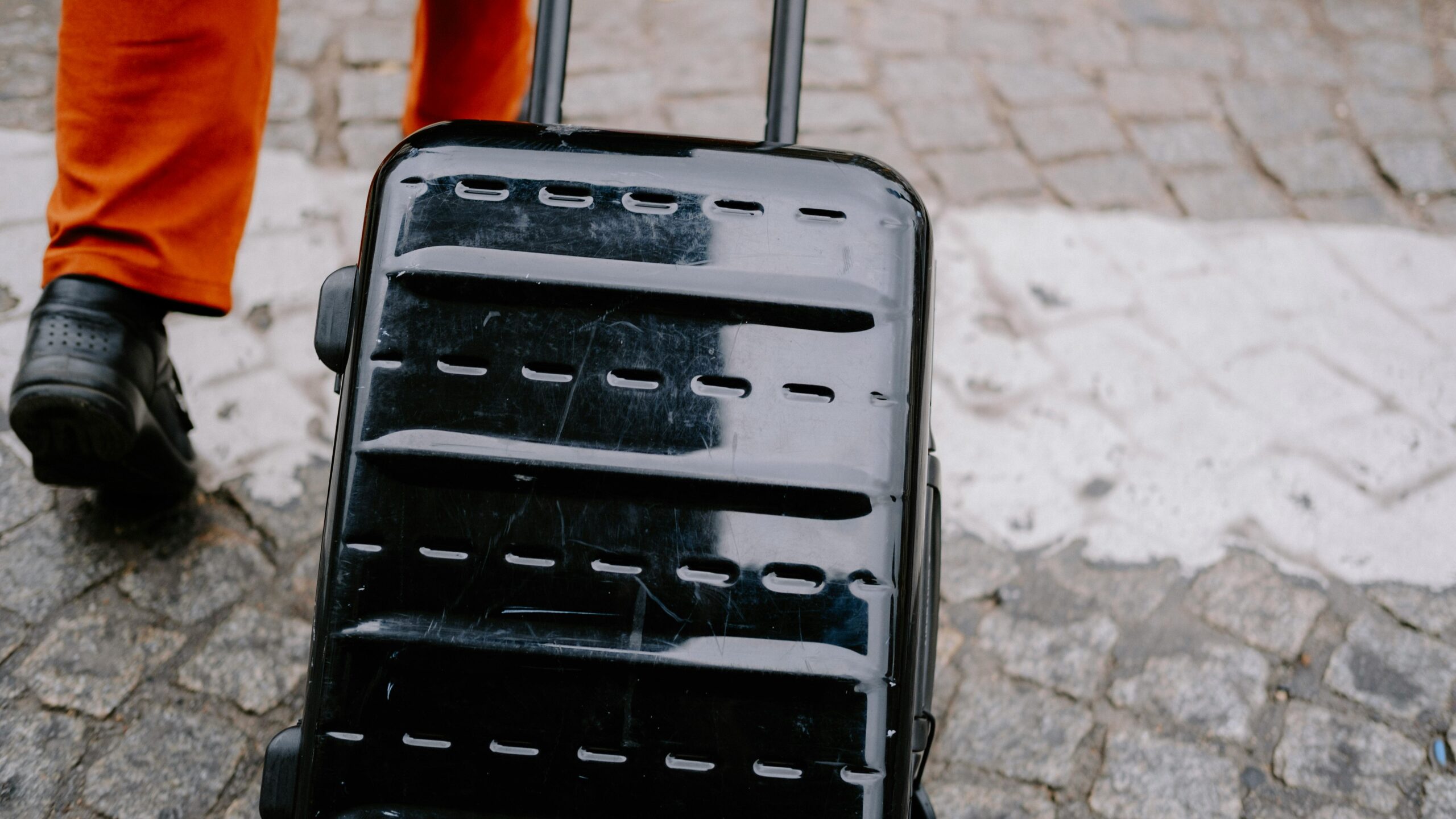The ongoing dispute over airline hand luggage fees has escalated, with the European Consumer Organisation (BEUC) and 16 national consumer groups filing a formal complaint against seven low-cost carriers. The complaint, submitted to the European Commission and Consumer Protection Cooperation (CPC) network, calls for action against unfair charges for cabin baggage that travelers reasonably expect to be included in the basic fare.
What’s the Issue?
Despite a 2014 ruling by the Court of Justice of the European Union (CJEU)—which prohibits extra charges for hand luggage that meets safety and size requirements—many airlines continue to impose additional fees. BEUC’s Director General, Agustin Reyna, emphasized the urgency of aligning ticket pricing with consumer expectations and legal standards.
Surveys confirm widespread frustration. In the Netherlands, 86% of travelers say they expect a trolley or personal bag to be included in the standard ticket price. National consumer authorities in Spain, Portugal, and Belgium have already taken legal action. Spain alone issued €179 million in fines at the end of 2024 for abusive baggage policies.
The call now is for a harmonized EU policy that defines which services are essential and standard across all airlines, including clear definitions of acceptable hand luggage size and weight.
What This Means for Business Travel
For business travelers and the people who coordinate their journeys, this battle over baggage fees isn’t just a consumer story—it directly affects budgeting, policy clarity, and traveler satisfaction. Here’s what travel coordinators should do now:
1. Review Airline Fare Structures Closely
Low-cost carriers often appear budget-friendly at first glance but may include:
- Extra charges for cabin baggage
- Limited seat selection
- Priority boarding fees
➡️ Action: Create fare comparison guides to inform internal booking decisions and prevent costly surprises.
2. Set Expectations with Travelers
Help your travelers avoid frustration by clearly communicating:
- What baggage is included
- Which airlines charge for overhead carry-ons
- Whether reimbursements will be covered
➡️ Action: Include a simple baggage FAQ in your travel policy or pre-trip communications.
3. Track and Categorize Extra Charges
Cabin bag fees can significantly distort your overall spend analysis. If they’re not properly tracked, they reduce transparency and negotiating power.
➡️ Action: Ask finance teams to separate baggage fees in expense reports or automate tagging within your expense system.
4. Monitor Legal and Regulatory Changes
If EU policy updates in the coming months, airlines may be forced to change their fare structures—and your internal policies will need to reflect that.
➡️ Action: Stay updated via industry news or partner with a TMC (travel management company) that provides compliance insights.
5. Focus on Traveler Experience
Even if a low-cost carrier offers savings, additional stress or perceived unfairness can impact traveler productivity and morale.
➡️ Action: Evaluate whether the marginal savings are worth the trade-offs in employee satisfaction, especially for frequent travelers.
Final Thoughts
The challenge of inconsistent hand luggage fees reminds us that total trip cost goes beyond the headline fare. For travel coordinators, this is an opportunity to revisit your policies, educate travelers, and strengthen your company’s travel strategy.
As EU regulators work toward clearer consumer protections, your preparation today will pay off tomorrow.

